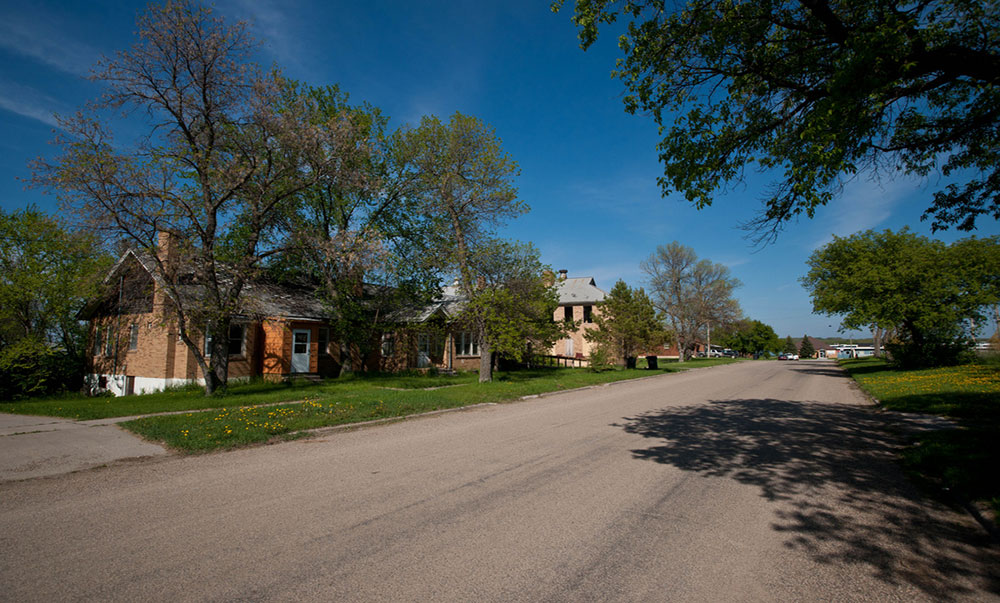An American Indian (AI) tribe has collaborated with state government officials to build an addiction treatment center in Fort Totten, North Dakota with the assistance of grant funds.
Spirit Lake tribe representatives were joined by Gov. Doug Burgum at a ground breaking ceremony for the center last week.
The construction of the center is made possible through a $1.2 million United Healthcare Foundation grant awarded in February to Cankdeska Cikana Community College (CCCC), which is located on the Spirit Lake reservation. United Healthcare Foundation also developed a tribal wellness scholarship program this year through a partnership with the American Indian College Fund in order to train new mental health and substance abuse treatment professionals to service rural areas of the state.
CCCC started renovating a former group home in the city. The planned addiction treatment center will feature an inpatient program with room for 15 patients. The Spirit Lake Recovery and Wellness Center is collaborating with CCCC to develop the center’s programming, which will allow for cultural aspects to holistically inform the treatment of patients. The center is slated to open next year.
The Fort Totten area is severely lacking addiction treatment resources. According to the Substance Abuse and Mental Health Services Administration’s (SAMHSA) treatment locator, Spirit Lake Recovery and Wellness Center is currently the only substance abuse treatment center in Benson County. Within a 50-mile radius of the town, there are four more treatment providers; however, they are located across Devils Lake in Ramsey County or north of the reservation in Towner County.
The national opioid epidemic has had a devastating impact on American Indian and Alaskan Native (AN) tribes.
According to the U.S. Centers for Disease Control and Prevention (CDC), AI and AN demographics featured the highest rate of drug overdose deaths in 2015 as well as the most significant percentage change between 1999 and 2015. In addition, due to death certificate ethnicity misclassifications, the CDC estimates that the number of fatal overdoses among AI, AN and Hispanic populations may be vastly underestimated by up to 35 percent.
AI and AN tribes in Alaska, Montana and other states have also seen a rise in the number of babies affected by neonatal abstinence syndrome.
Different AN and AI nations are voicing their concerns to government officials about limited addiction treatment resources to assist their populations. In March, Congress approved to direct $50 million of the 2018 federal budget toward expanding services for AI and AN tribes through SAMHSA’s State Targeted Response to the Opioid Crisis Grants.
In addition, many tribes have joined state governments in suing pharmaceutical companies for producing and distributing addictive opioid-based medications.
The CDC reported that North Dakota experienced 77 drug overdose deaths in 2016. The National Institute on Drug Abuse confirmed that 54 of those overdose fatalities involved opioids.
Burgum expressed his support for the forthcoming center. He stated he views substance abuse as the main social problem in North Dakota and is finding ways for the state government to partner with AI nations to expand addiction treatment efforts.
Along with the North Dakota Department of Human Services, Burgum is hosting Recovery Reinvented 2018 in September. The event will bring together healthcare, education, law enforcement and government officials to discuss methods to reduce the stigma of addiction and provide treatment resources to rural and metropolitan areas of the state.

















